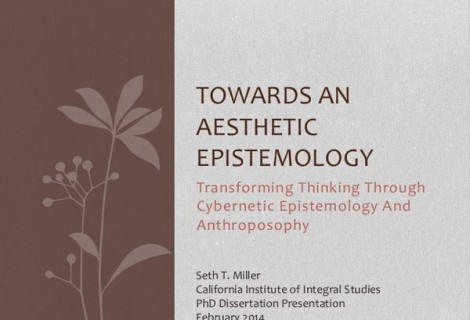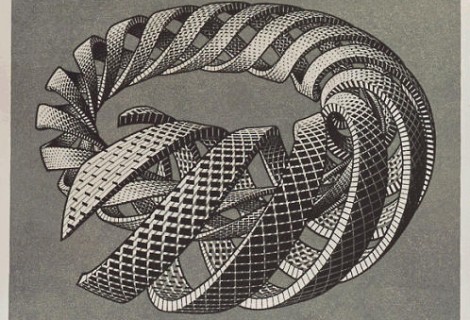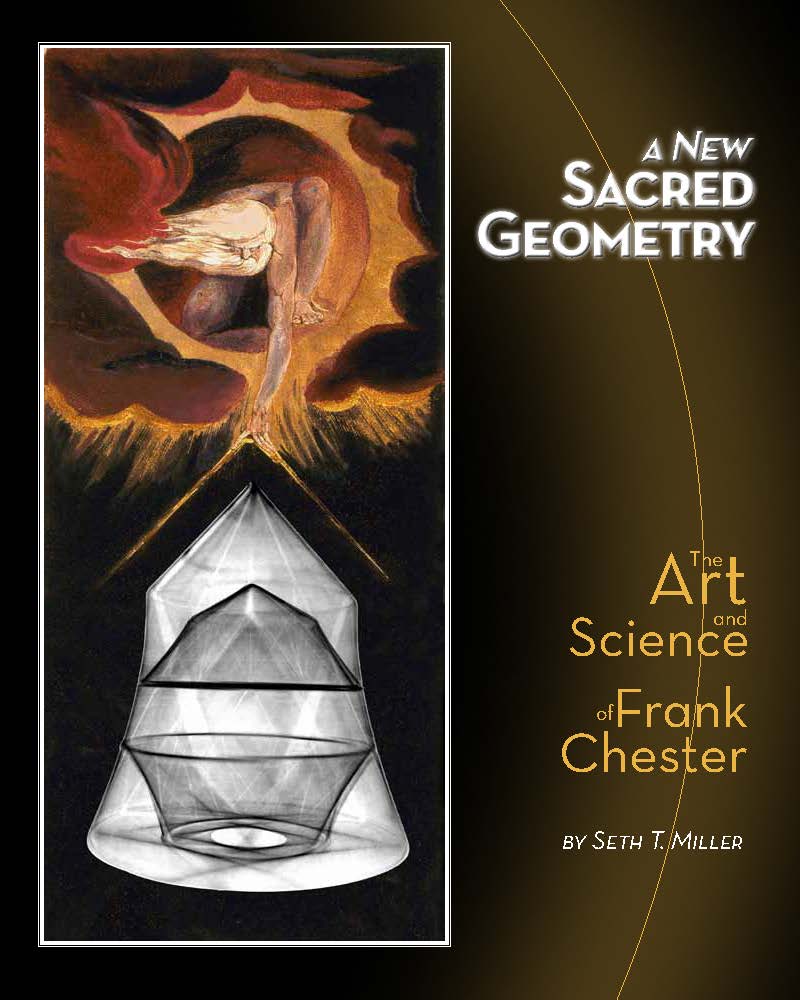Francisco Varela and Ethical Know-How
This post is about bringing forth a different way of speaking about ethics, which is usually bogged down with a load of ridiculously unquestioned Western philosophical THOUGHT baggage, which keeps ethics locked nicely away in principles which themselves are never acted, only known.
For this reason, Varela’s idea that perception is based in ACTION is profound. Passive perception is not possible – we are not capable of being ‘only’ receivers; we are always embedded in our perception through its enactment. This enactment helps co-create the very world that is perceived through its selection — through recurrent sensori-motor feedback loops — out of the infinitely vast number of possible ways to perceive.

THEN: Thoughts are not divorced from the world either, but arise from the recurrence of sensori-motor feedback loops — the very same loops that constitute the enactment of our perception and the (re/co)discovery of the world, now not only perceptually, but CONceptually. The ability to perceptually guide action leads to the formation of CONCEPTS. !?!?!? “The cognitive self is its own implementation: its history and its action are of one piece.” (p. 54)
Hence: “experience both makes possible and constrains conceptual understanding across a multitude of cognitive domains.” (p. 16)
This provides the lynchpin by which Varela connects cognitive science to ethical know-how. The coupling between self-world-percept-concept that occurs within our sensori-motor feedback loops provides a habitual basis for our future interactions with ourselves and the world. We are autopoetical morphisms arising spontaneously in a given environment out of the evolving background of previous sensori-motor-cognitive couplings. We continually enact our enactment… Varela calls these microworlds and microidentities, because they are completely context-dependent; the type of action, the mode of thinking, the quality of sensation: all these are predicated on their past instantiation.
For this reason it is not enough to ‘think about’ ethics, for ethics can never be divorced from the acts which constitute it. Each microworld calls forth something new (or something old) from our microidentities, just as our microidentities uniquely call forth new microworlds. But to speak of microworlds and microidentities is too reifying. There are no such things, as Varela well knows.
Nevertheless, ethics requires cultivation. We are gardens in which seeds for ethical know-how must be planted and grown with care; we cannot depend solely upon the coupling strategies we have inherited from our own past. Cultivating ethical know-how is synonymous with the dispersal of our reliance upon these very couplings through the realization of their emptiness. We move from unknown knowing to known knowing, and onward to unknowable knowing. To get there (where there IS no there), requires practice. Not practice of injunctions, but of their essential dissolution into the same emptiness that the self no longer occupies.
How does this relate to ethical action? By allowing it to make its appearance out of the uniqueness of the moment. When we are full of everything that we have been, we obscure what we might be; because we always encounter more in the world than we have put there ourselves, it is not enough to remain oneself. By practicing the pattern of patternlessness, we become keyed to the unfolding of the uniqueness of the moment. It is a paradox: we must habitute ourselves to ahabituation, we must practice not practicing…




